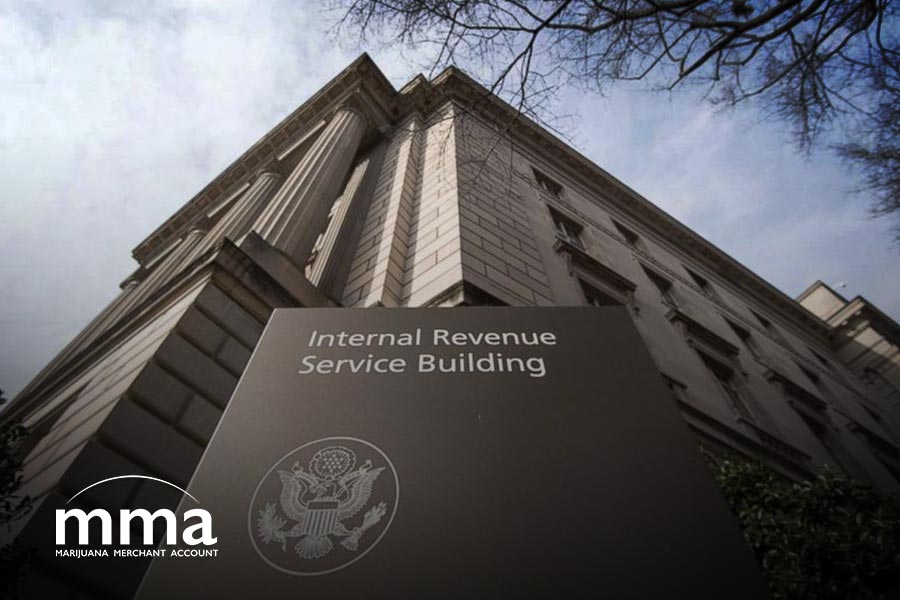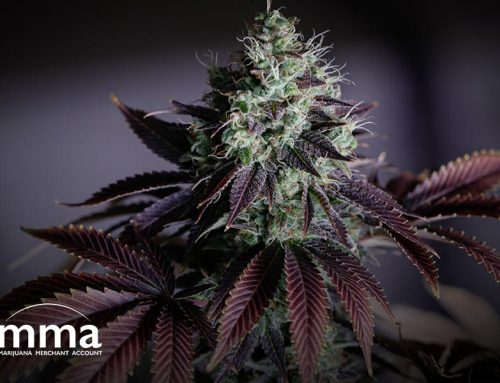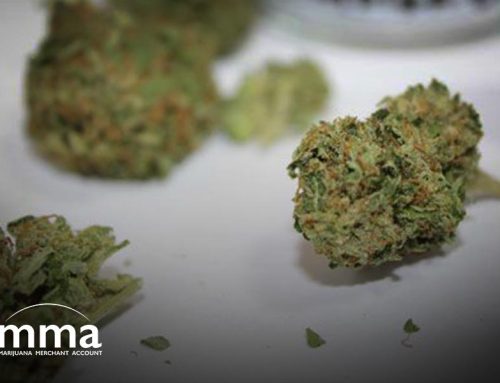A top Internal Revenue Services (IRS) official said the agency’s job would be a lot easier if banks could offer their services to state-legal marijuana businesses without fear of federal reprisals.
Susan Collins, who serves as senior counsel in the IRS Office of Chief Counsel, made the comments during an event organized by UCLA’s Annual Tax Controversy Institute. She described the “special type of collection challenge” the IRS is up against in dealing with cannabis businesses who operate largely on a cash-only basis given marijuana’s status as a federally controlled substance.
“The reason why [the marijuana industry is] cash intensive is twofold,” Collins said. “Number one, a lot of customers don’t want a paper trail showing that they’re buying marijuana, and number two, the hesitancy of banks to allow marijuana businesses to even bank with them.”
“There’s been a number of legislative bills that have been introduced—and I am definitely not expressing any opinion personally or on behalf of the IRS about any pending or proposed legislation,” she said. “But it is interesting to note that, if the law changed so that the marijuana businesses could have banks, that would make the IRS’s job to collect [taxes] a lot easier. As part of the collection, we want the money. That’s our end goal there.”
She also noted the disadvantages faced by state-legal marijuana businesses when it comes to obtaining traditional tax credits under IRS code 280E, which is available to most other registered business entities in the US. IRS policy “prohibits [marijuana businesses] from claiming deductions for business expenses because they’re technically being involved in drug trafficking,” Collins said.
Collins laid out some of the support the IRS offers to cannabis businesses, such as specialized “tax assistance centers” that can accept payments in cash over $50,000. She stressed the agency is willing to do whatever it takes to help state-legal cannabis businesses since, at the end of the day, “we want to get paid.”
She also said it’s possible IRS officials could go in-person to a bank with a marijuana business owner to help allay a cashier’s apprehensions and ensure the IRS receives its payment.
“When the revenue officers are there in person with the taxpayer, that could potentially help increase the likelihood that the bank will cooperate and help the taxpayer transition into a cashier’s check,” she said. “And that has been a trend since this first became legal [at the state level], that more and more banks are allowing cannabis companies to bank with them.”
Collins’ comments come little more than a month since the IRS published a blog post providing advice to state-legal marijuana businesses on how to comply with tax requirements so long as the plant remains federally prohibited. The IRS also recently hosted an event to discuss marijuana, taxes and cryptocurrency in yet another sign that the agency is keen to move away from the cash-only system.
IRS Commissioner Charles Rettig made many of the same points as Collins in an appearance before Congress earlier this year. He said the agency would prefer state-legal marijuana businesses to have access to financial services as working with cash is difficult, time-consuming and risky.
In 2019, former Treasury Secretary Steven Mnuchin also highlighted the complications of collecting marijuana taxes to Congress, noting the need for the IRS to build cash deposit rooms to store revenues.
On Capitol Hill, lawmakers are increasingly muting the possibility of federal cannabis legalization, with Senate Majority Leader Chuck Schumer working on a bill to achieve this. Cannabis industry stakeholders welcome these efforts but many are also pushing for more modest legislation to facilitate marijuana banking until more comprehensive reform can be achieved.
The Secure and Fair Enforcement (SAFE) Banking Act would protect banks from federal interference for servicing state-legal cannabis businesses, and it’s been approved by House lawmakers five times. Schumer, however, insists it’s essential to pass more comprehensive legislation first to help ensure that those communities and individuals most harmed by marijuana prohibition can stand to benefit from its legalization.












